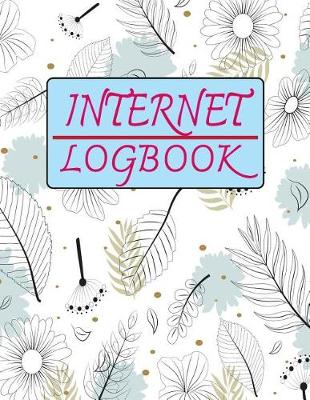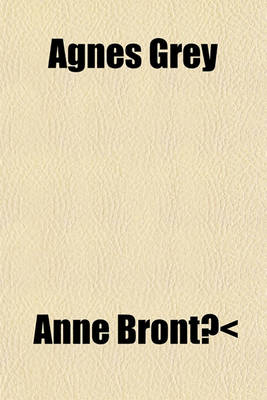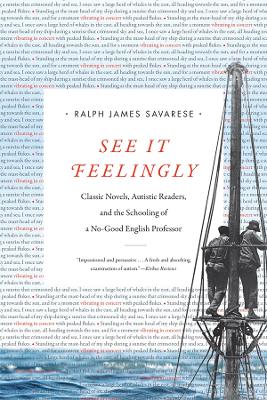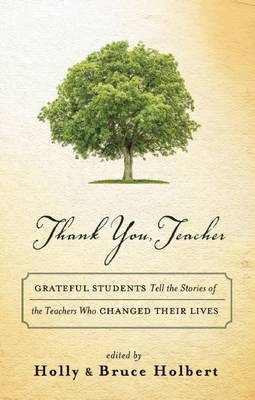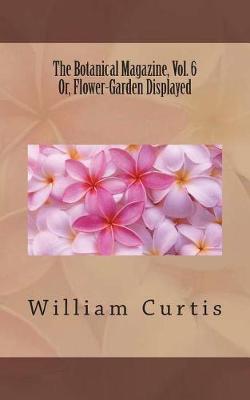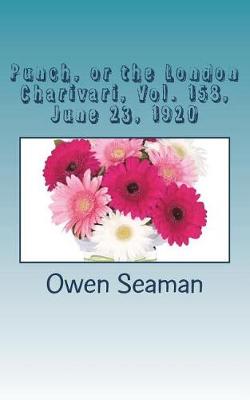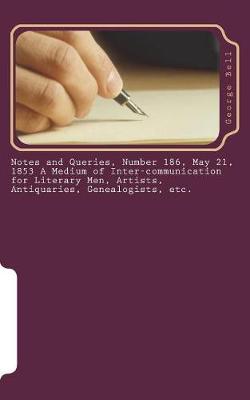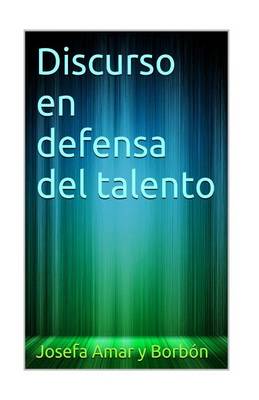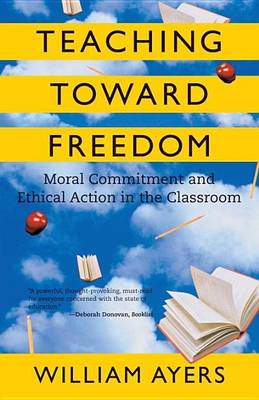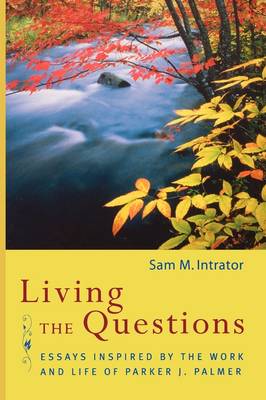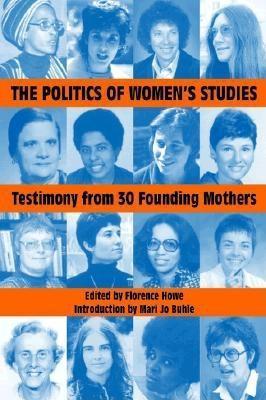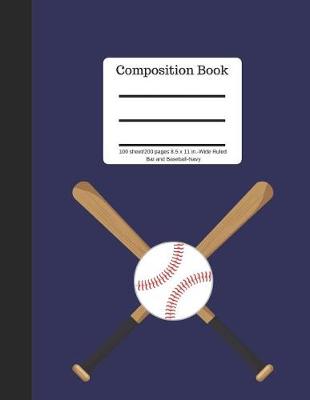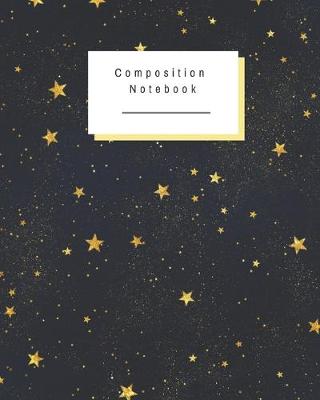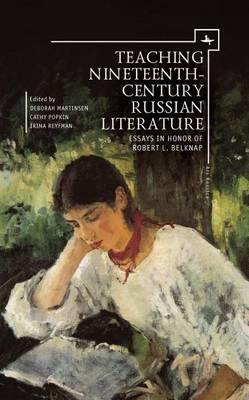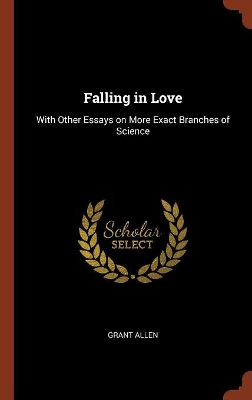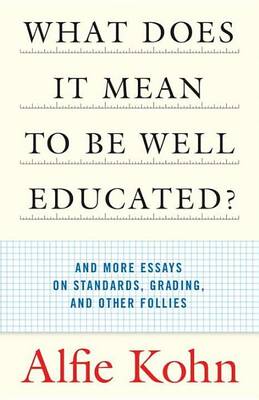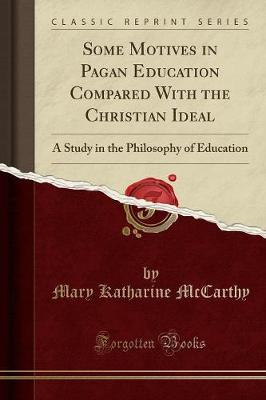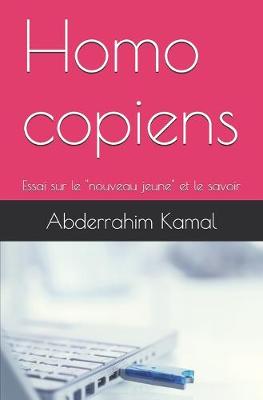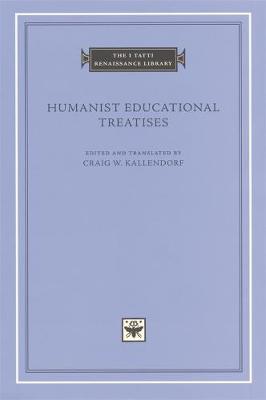“We each have Skype accounts and use them to discuss [Moby-Dick] face to face. Once a week, we spread the worded whale out in front of us; we dissect its head, eyes, and bones, careful not to hurt or kill it. The Professor and I are not whale hunters. We are not letting the whale die. We are shaping it, letting it swim through the Web with a new and polished look.”—Tito Mukhopadhyay Since the 1940s researchers have been repeating claims about autistic people's limited ability to understand lan...
The Botanical Magazine, Vol. 6 Or, Flower-Garden Displayed
by William Curtis
The Botanical Magazine Vol. 7 Or, Flower-Garden Displayed
by William Curtis
This book reflects the editors; concerns that too many public discussions of education are dominated by too few ideas, and is intended to serve as a kind of handbook for those who wish to enter the conversation about education * A work of impressive scholarship accessible to the general reader * A unique collection of essays written by internationally recognized and emerging thinkers from the field of education and related disciplines * Contributors, among others, include Anthony Appiah (Princet...
Teaching Toward Freedom: Moral Commitment and Ethical Action in the Classroom
by William Ayers
The Botanical Magazine Vol. 8 Or, Flower-Garden Displayed
by William Curtis
Living the Questions
Parker J. Palmer--who for forty years has written and spoken about subjects ranging from contemplation to community, the inner life to public life, education to social change--is known as one of the nation's most thoughtful voices, calling us all to ways of being in the world that honor the human heart and promote a humane society. Living the Questions, a celebration of Palmer's long and distinguished career, explores the dynamic interplay between the inner life of spirit and the outer life of w...
The Politics of Women's Studies (Women's studies history)
by Florence Howe
What did the trial of Galileo share with the trial for fraud of the foremost investigator of the effects of lead exposure on children's intelligence? In the title essay of this rollicking collection on science and education, Clark Glymour argues that fundamentally both were disputes over what methods are legitimate and authoritative. From testing the expertise of NASA scientists to discovering where software goes to die to turning educational research upside down, Glymour's reports from the fron...
Teaching Nineteenth-Century Russian Literature (Ars Rossica) (Ars Rossika)
by Robert L. Belknap
Teaching Nineteenth-Century Russian Literature: Essays in Honor of Robert L. Belknap grew out of a conference in honour of Robert Belknap, an outstanding teacher and scholar. The collected essays present concrete strategies for teaching the works of some of Russia's best-known writers: Pushkin, Lermontov, Gogol, Turgenev, Saltykov-Shchedrin, Dostoevsky, Tolstoy, and Chekhov. They address the teaching of these iconic works of Russian literature in different contexts and to different audiences, f...
This highly educational book comprises a series of essays by the intellectual and scientist Grant Allen, author and novelist, and a successful upholder of many scientific theories. As a scientist Allen was an evolutionist, and as a novelist one of his most persistent themes was the effect of heredity. Even his lighter and more popular works evidence not only his scientific outlook but also his persistent questioning of established convention and of institutions and officials that uphold it. A wa...
What Does It Mean to Be Well Educated?: And More Essays on Standards, Grading, and Other Follies
by Alfie Kohn
Few writers ask us to question our fundamental assumptions about education as provocatively as Alfie Kohn. Time magazine has called him'perhaps the country's most outspoken critic of education's fixation on grades [and] test scores.' And the Washington Post says he is 'the most energetic and charismatic figure standing in the way of a major federal effort to make standardized curriculums and tests a fact of life in every U.S. school.' In this new collection of essays, Kohn takes on some of the...
Some Motives in Pagan Education Compared with the Christian Ideal
by Mary Katharine McCarthy
The cycle of disciplines now known as the humanities emerged in their modern form during the Italian Renaissance as the result of an educational movement begun by humanist teachers, writers, and scholars of the early Quattrocento. The movement argued for the usefulness of classical literature as an instrument for training young men and women, not only in the arts of language and eloquence, but also in civic virtue and practical wisdom. This volume contains four of the most important theoretical...
